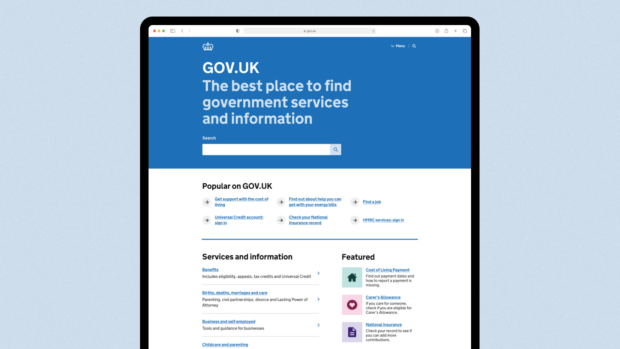Council points to area’s geographical challenges, with government money supporting shift to near-universal coverage
Photo: Alamy
Shropshire was awarded the highest level of government funding by head of population to introduce superfast broadband over the last six years, according to an analysis of data released in a parliamentary written answer.
The mostly-rural council area received £13.01m from the Department for Digital, Culture, Media and Sport (DCMS) in the six financial years from April 2015 to March 2021 to support the installation of superfast broadband infrastructure. Based on Shropshire’s total population of 323,000 this is equivalent to £40.26 a person, the highest level among the areas of England covered by the data.
Second-placed Cumbria was awarded £13.87m over the same period, equivalent to £27.74 a person. Four other areas were awarded amounts above £20 by head of population: East Riding of Yorkshire (£8.08m in total), Northumberland (£7.24m), Herefordshire and Gloucestershire (treated as one area, £16.71m) and Suffolk (£15.26m).
Some rural areas received significantly less on this measure, with Norfolk awarded £10.51m (£11.58 by head of population), Cornwall £5.96m (£10.46 a person) and Lincolnshire £6.62m (£8.70 a person). Reflecting the programme’s focus on areas that were unlikely to be connected commercially, London received nothing and Greater Manchester £850,000, equivalent to 30p per person.
Shropshire Council said the area deserved its high levels of funding and has made strong use of it. “The UK government recognised the geographical/topological challenges of deploying superfast broadband networks in the Shropshire Council area and awarded funding accordingly,” said Rob Gittins, cabinet member responsible for broadband.
“Since the start of the Connecting Shropshire programme in 2013, superfast broadband coverage in the Shropshire Council area has risen from 24% to 98%. Shropshire Council continues to work with Building Digital UK and broadband infrastructure suppliers to address market failure in order to provide access to superfast broadband for as many premises as possible,” he added.
DCMS said that funding was based on what was thought necessary to get local areas to 95% superfast broadband coverage by 2017. Rather than looking at cost per head across council areas, it considered factors including local population densities and existing coverage from commercial providers. The cost of connecting premises in hard-to-reach areas, which can be several times as much as in more accessible locations, also affected the amounts awarded. In most cases, DCMS funding was matched by local bodies.
A spokesperson said the cost of connecting an area should not affect the ability of homes and businesses to access better broadband. DCMS is leading Project Gigabit, a £5bn programme announced in March 2020 which will help hard-to-reach areas access gigabit-speed broadband.
The data, covering a total of £293m of superfast broadband funding, was released by DCMS minister Matt Warman on 28 May in response to a written parliamentary question by Justin Madders, Labour MP for Ellesmere Port and Neston. In total, the department has spent £737m across the UK on the programme since 2011, with spending declining over the six years covered by the data from £112m in 2015/16 to £10.3m in 2020/21.
Warman said that the UK’s devolved governments managed local funding in their areas. Scotland received £50.99m over the six year period, equivalent to £9.33 a head; Wales £12.11m in total, £3.84 each; and Northern Ireland £11.45m, £6.05 each.



